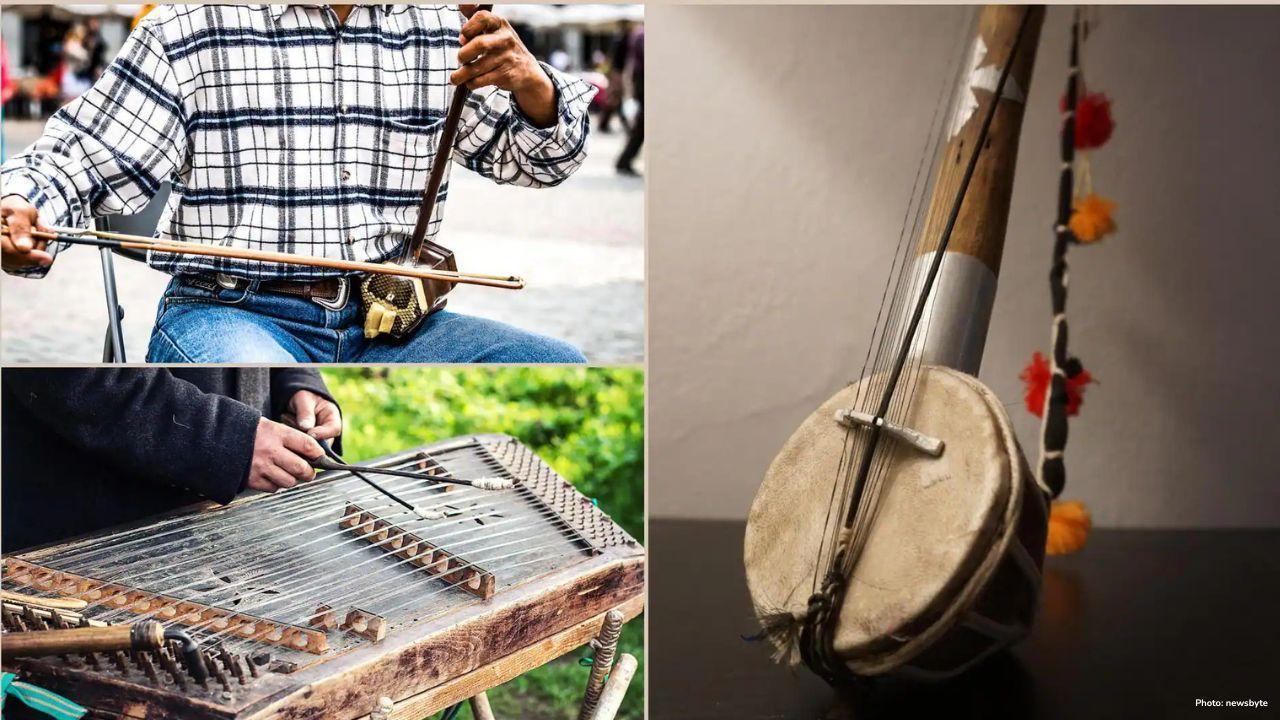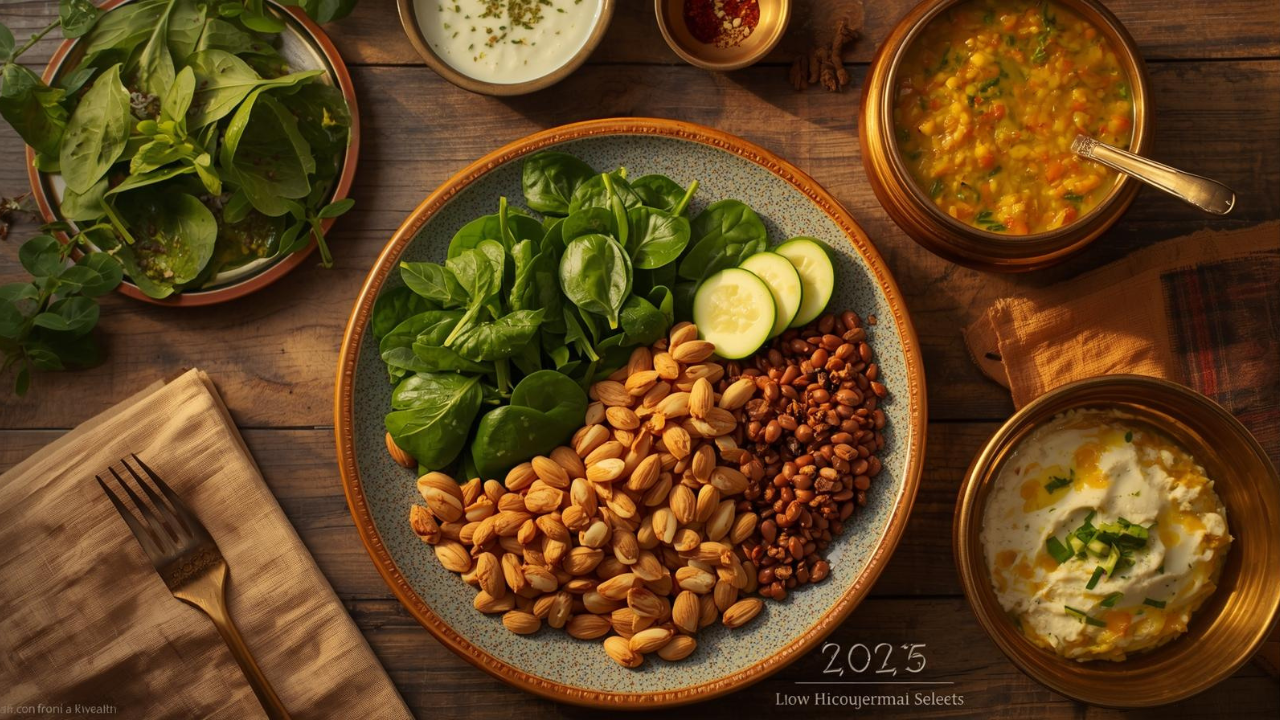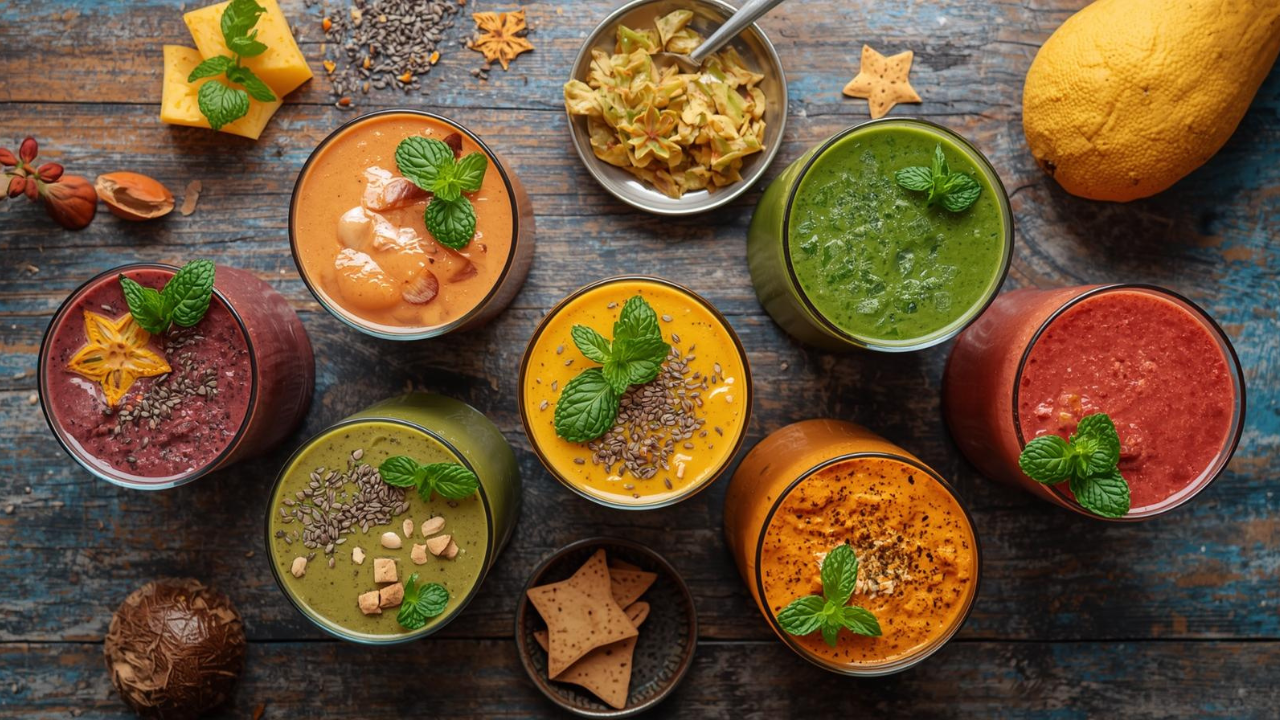
Post by : Saif Nasser
Music plays a vital role in the tapestry of human existence. Whether for festivities or rites, it brings people together. Traditional musical instruments embody this legacy, showcasing the culture, history, and artistry of diverse communities worldwide.
Defining Traditional Musical Instruments
Traditional musical instruments are time-honored tools crafted over generations within specific cultures or regions. Typically handmade from natural resources like wood, metal, animal hides, or strings, these instruments carry the essence of a community’s customs and lore, unlike their contemporary counterparts.
Notable Traditional Instruments Globally
Sitar (India): A quintessential string instrument characterized by its distinctive sound, prevalent in Indian classical music.
Djembe (West Africa): A ceremonial hand drum, integral to celebrations and traditional events.
Shamisen (Japan): A traditional three-stringed instrument, integral to Japanese music and theatrical performances.
Bagpipes (Scotland): An iconic wind instrument comprising pipes and a bag, frequently featured in Scottish cultural festivities.
Didgeridoo (Australia): An ancient wooden wind instrument, played by Aboriginal communities.
Erhu (China): Also known as the Chinese violin, this two-stringed bowed instrument is deeply embedded in Chinese musical heritage.
The Significance of Traditional Instruments
These instruments transcend mere musical creation; they forge connections to cultural history and identity. They serve as vessels for sharing narratives, traditions, and values across generations.
Artisanal Craftsmanship
Many of these instruments are crafted by gifted artisans whose skill creates unique pieces. The craftsmanship involved often reflects age-old techniques that enhance the beauty and emotional resonance of each instrument.
Modern Adaptations and Conservation
In today's fast-paced world, traditional instruments are not only cherished but are also being integrated into contemporary music styles. Various initiatives by governments, cultural bodies, and educational institutions are supporting workshops and festivals to inspire younger generations to engage with these instruments.
Community Engagement Through Music
Traditional instruments are central to festivals, weddings, spiritual ceremonies, and local gatherings, weaving a fabric of community and shared identity. In various cultures, musical proficiency is regarded as a mark of respect and artistry.
The allure of traditional musical instruments resides in their distinctive sounds, intricate craftsmanship, and cultural significance. They represent more than musical tools—they act as conduits to cultural heritage and community bonds. Across the globe, we continue to honor these instruments, ensuring that their sounds resonate for generations ahead.










NBA Friday Recap: Powerhouse Wins for Miami, LA, Milwaukee, and Clippers
Miami, LA Lakers, Milwaukee, and Clippers triumphed in a thrilling NBA Friday, showcasing standout p

Doncic Shines with 49 Points in Lakers' 128-110 Victory over Timberwolves
Luka Doncic dazzles with 49 points as the Lakers secure a 128-110 win against the Timberwolves, show

Kings Triumph Over Jazz 105-104 with Last-Minute Sabonis Effort
The Sacramento Kings edged out the Utah Jazz 105-104, with Domantas Sabonis making the decisive shot

Argentina's Friendly Match Against India Delayed, New Date to be Announced
The friendly match between Argentina and India in Kochi has been postponed due to FIFA approval dela

Rohit and Kohli Conclude ODI Journeys in Australia with a Victory
Rohit Sharma and Virat Kohli bid adieu to Australian ODIs with a final win, forming a 168-run partne

George Russell's Wrestling Mask Antics at Mexican Grand Prix
George Russell donned a wrestling mask to enjoy the Mexican Grand Prix from the stands, providing a